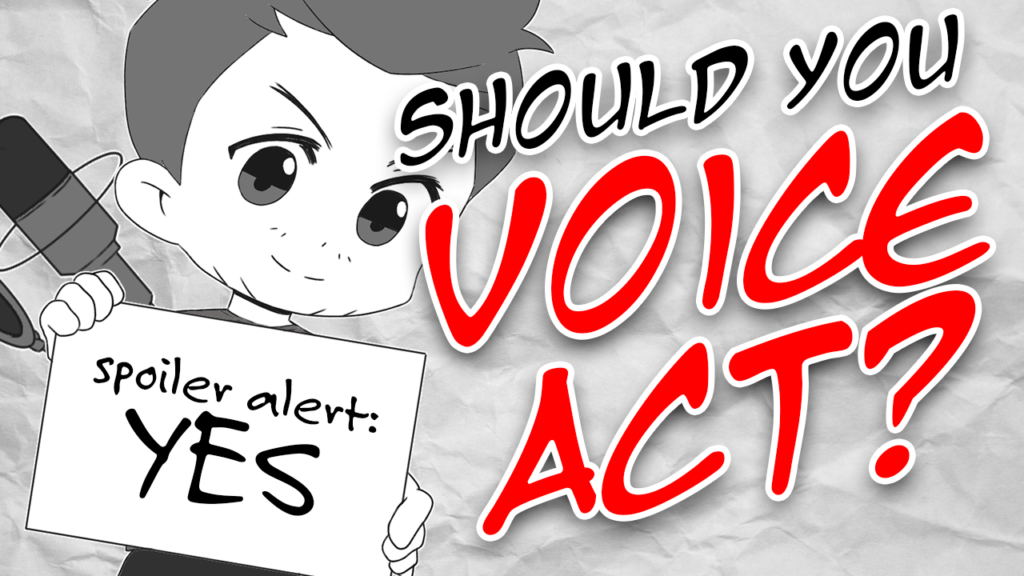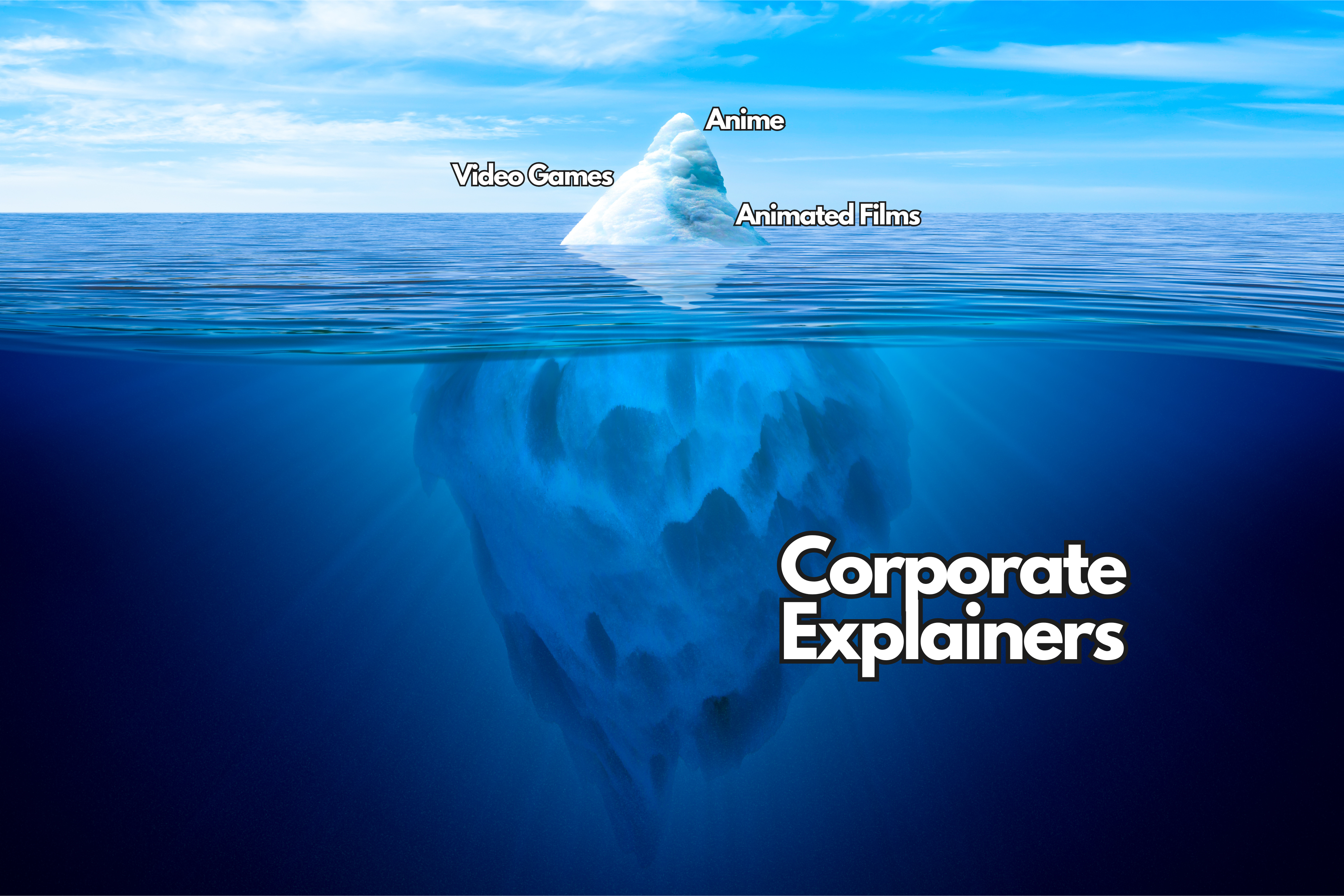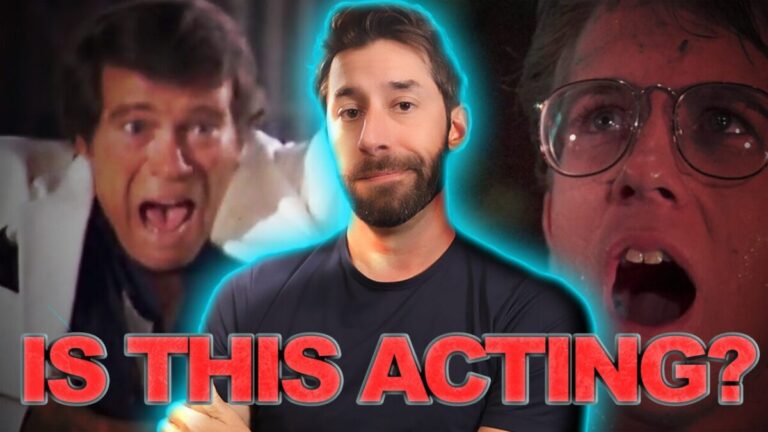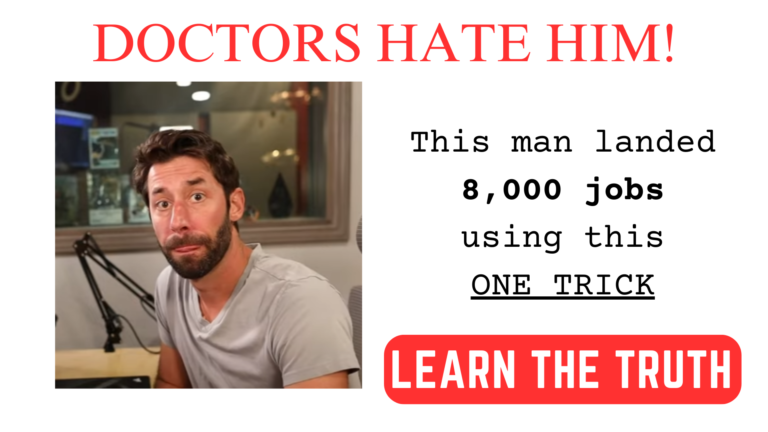Is voice acting right for you? Well, does the thought of auditioning hundreds of times to book a job sound good? What about a consistent worry that you may not be doing enough?
Okay, okay, take a breather. It’s not that dire if you frame your relationship with voice acting the right way. Let’s talk about three things you should consider when you’re wondering if voice acting is right for you.
First, you’re probably overthinking the idea of your voice. I talk about this all the time. I think we should have called it like, microphone acting or something else; as soon as you start talking to someone about voice acting, they go, “Oh, you must have a good voice”. That’s really not the right way to look at it.
My own voice has changed a ton over the years. You wouldn’t believe what I sounded like when I started. If you heard it, you wouldn’t think that it was a voice made for voice acting. But I practiced a lot (by auditioning a lot, by the way). Not by doing any silly vocal techniques or exercises. And over the years, I came to understand not just how to control my voice, but how to control my voice and still sound authentic.
And just to show you it matters even less, here’s a story: One of my students had a horrible mold problem in her childhood, one that radically changed the literal biological physical structure of her ear, nose, and throat system. Her voice ended up being very unique because of that, but definitely not what you would consider mainstream.
After working together and helping her apply some of the techniques we teach, not only does she already have a handful of bookings, she has literal IMDB credits because she delivered not just a voice, but one that fit the character in ways that someone with a straight ahead vanilla voice probably couldn’t have. I’ve taught students with stutters and other mild speech impediments that have gone on to book work just as well.
And history is rife with actors that have voices nobody would call normal. Bobcat Goldthwait, Gilbert Gottfried, H. John Benjamin, just to name a few. Heck, I have a voice actress friend who sounds like a literal squeaky toy when she talks, and she made a killer career in toy voices. I’ll say this until I pass out blue in the face, it is not about the voice. There may be clients out there looking for your voice right now. It might take some time to find them, but there’s a good chance there’s an opportunity out there for you somewhere.
Second, you’re probably underestimating the size of the industry. When people think about getting into voice acting, they’re thinking about the tip of the iceberg. The stuff that the public actually sees. We got big name cartoons, anime, video games, and with those big titles are big name actors, and with those big names is an immediate sense of imposter syndrome.
“I can never compete with those huge A list celebrities in Pixar movies. How can I ever hope to get started?”
The truth is, though, that Pixar movies are such an extremely small percentage of the industry. We don’t talk about other industries that way, do we? Think about it: if you want to be a doctor, you don’t think about the incredible doctors who’ve made life-changing discoveries and talk yourself out of picking up the stethoscope. It’d be a ridiculously self-limiting belief!
We only really seem to apply it to creative careers, and voice acting, it’s even worse. Nobody says, I’m not going to draw because I’ll never be Picasso. And the great thing about this industry is that those public facing things not only represent such a low portion of the work out there, they actually also represent some of the lowest paying work in the industry.
Last, you might not be asking the right questions. You can’t evaluate anything unless you try it first, and the commitment to trying voice acting is only what you want it to be.
That’s it. It’s totally customizable to your wants, your needs, your desires, and your capabilities. Yes, there are baseline barriers to entry, like the idea that you need the ability to produce a high quality recording, but all that stuff can be bought second hand and then sold again at a relatively small loss if you ultimately decide that it’s not right for you.
I disagree, but there are other industry professionals and actors that insist you can’t get started unless you go all in. Like it’s some sort of small animal that will vanish into thin air the moment you take your eyes off of it. It’s really not that way, and that’s a very narrow way of looking at voiceover.
You might try it and love it. You might try it and you only like it a little bit and find that you’re okay with dabbling in it every once in a while. It might take off, like it did for me, and the idea of going full time could be quite easy, but you never know until you try. We have this bad habit in our hustle culture to say that nothing is worth doing unless you’re gonna make a ton of money out of it.
But nobody asks the same question about other things. Is playing guitar right for me? Is writing a book right for me? Just do it. I invite you to ask yourself, who’s really asking that question? Is it you? Or is it the perception of you that you’re trying to protect from the outside? You have permission to try whatever you want, whenever you want, at a level of effort that fits your life.
Yes, your output will depend on your input. You can’t expect to play a concerto if you only practice three minutes a day and never learn how to read music. But you get to decide what relationship you want to anything you pick up in your life, voice acting included. If you want it to be a side hustle, if you want it to be a hobby, absolutely it can be.
Remember, you’re in control. You get to make decisions about your life, both in the context of voice acting and outside of it. If you’re still here, maybe it’s time you give VO a try. You can pick up my free eBook to get started here. Now, go get behind the mic in exactly the way you want to.
**Artwork used in Featured Image done by @TishTishArt.






